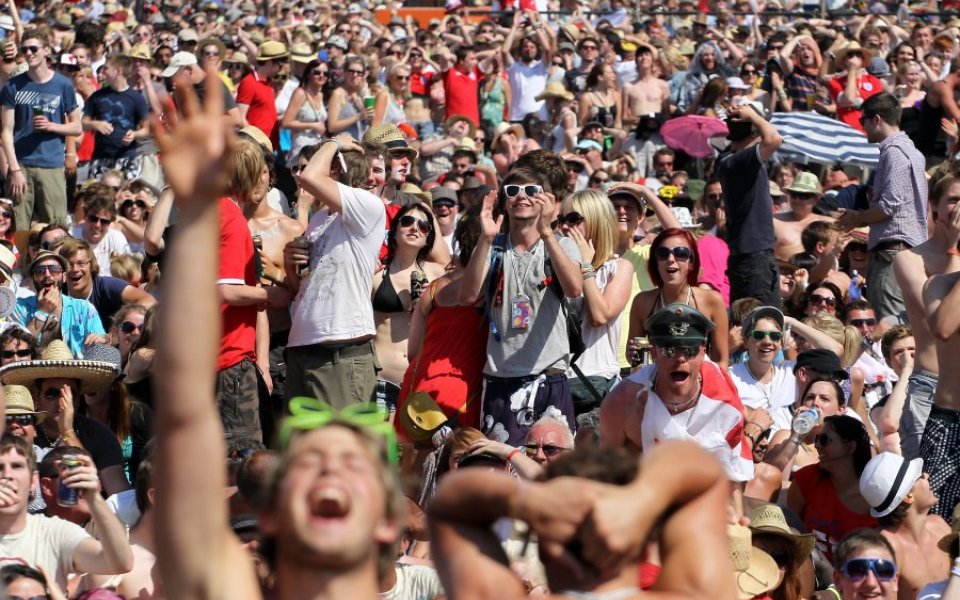Fitch: Emerging market weakness won’t create a global recession

The world will avoid a global recession next year, despite weakness in emerging markets, a leading credit ratings agency has said – while the Federal Reserve will hike rates four times next year
In fact, its forecast for next year paints a cautiously optimistic view of the world. Here's how it sees the world in 2016:
1. Decisive – if mediocre – growth
The global economy will grow 2.6 per cent in 2016, rising to 2.7 per cent in 2017.
"ick-up after the weakest growth (2.3%) since the global financial crisis in 2015. While the global growth concerns of the late summer have not gone away, emerging-market problems do not appear to be causing extreme damage to activity in the major advanced economies. China looks most likely to muddle through rather than land hard and world trade indicators have improved marginally."
Only Brazil looks set to be hit – Fitch downgraded its growth to minus 3.7 per cent in 2015, down from minus three per cent in September, and minus 2.5 per cent in 2016, down from minus one per cent.
2. Consumers gonna consume
Consumption is "holding up", with the fastest growth since before the financial crisis – even in China and Japan. That's partly thanks to low oil prices – but improved labour markets are also creating job security.
3. The Fed will be hike-happy
The Fed is widely expected to raise interest rates for the first time since before the crisis next week – and Fitch suggests it will hike four times before the end of 2016.
The European and Chinese central banks, meanwhile, are expected to ramp up their monetary stimulus efforts.
"China is caught up in the cross-currents of central bank divergence among the advanced economies and a re-emergence of concerns about a sharper depreciation of the CNY cannot be ruled out."
4. Emerging markets will recover (a bit)
There will be a "slight pick-up" in growth among emerging markets in 2016, although it's "unlikely to feel anything like a real recovery", suggests Fitch.
The chief beneficiary of this will be Russia, "where a huge compression in consumption and imports is boosting trade". Brazil, meanwhile, will continue to "sink into the doldrums".
5. Inflation won't inflate much
In the Eurozone, inflation is near historical lows, and is likely to fall further below the European Central Bank's (ECB) two per cent target.
"Simulations show that GDP in the Eurozone could be 0.3-0.6 percentage points below the baseline in 2017. Absent a further sharp weakening in the euro, additional ECB quantitative easing in such a scenario might have limited impacts in counterbalancing such a shock."